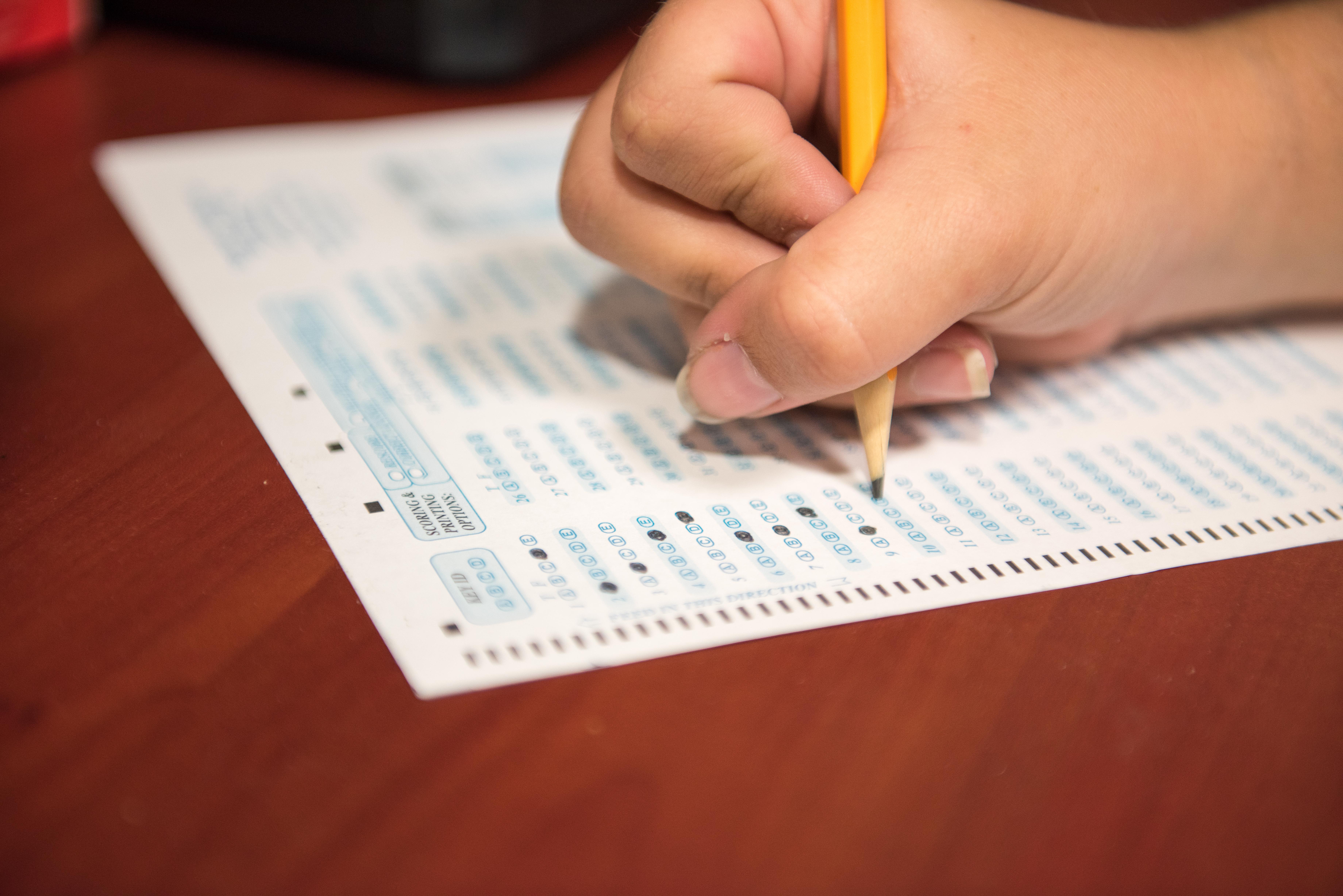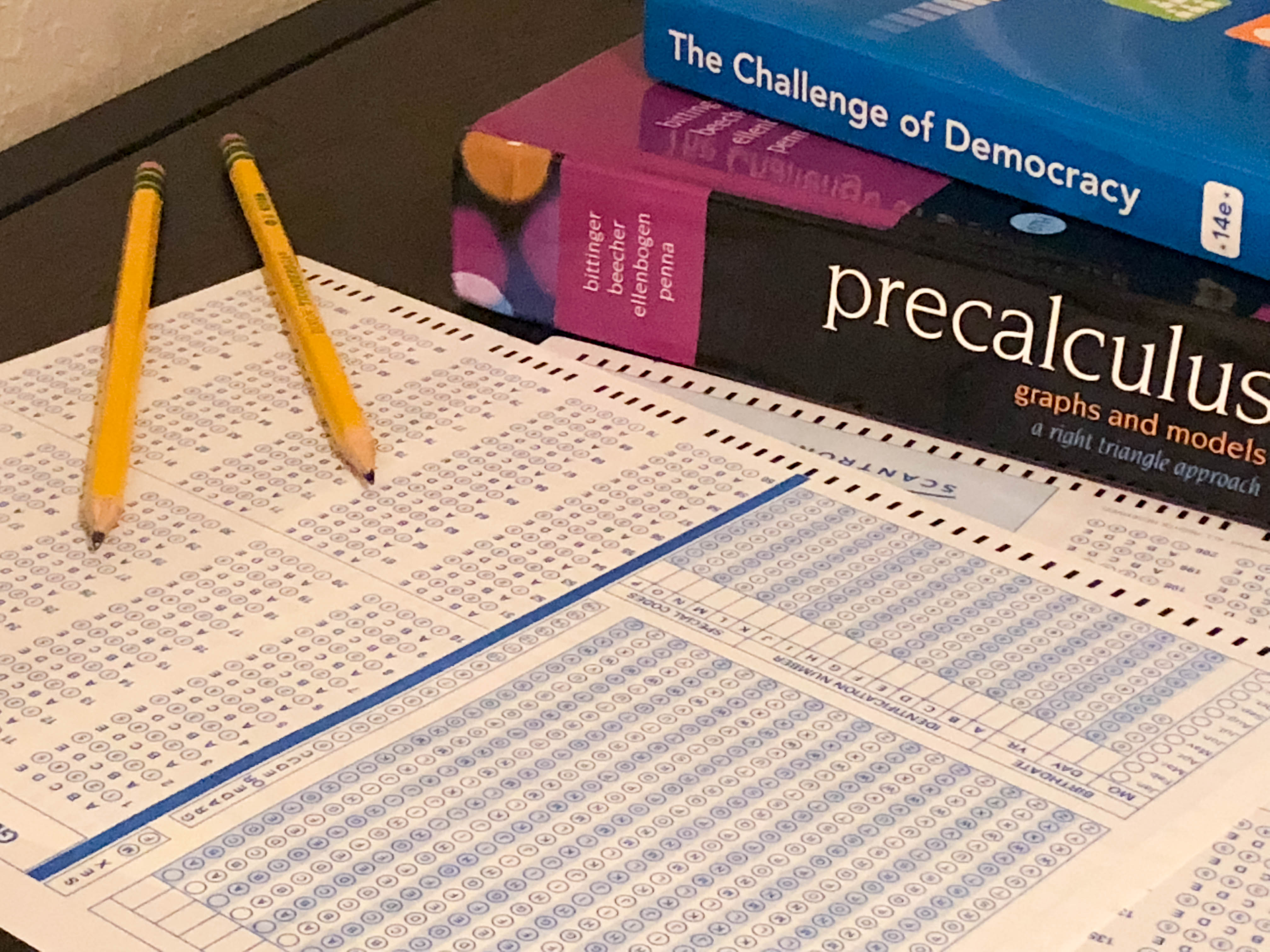Multiple-choice tests are an unfair and inaccurate way to test how much students have learned.
Students sometimes spend hours preparing for a test, placing emphasis on the wrong material, only to realize once the test is in front of them that they studied for all the wrong things. This can happen when the professor places a higher emphasis on the lectures than the reading material, or vice versa, when students expect the opposite.
A way to begin eliminating this issue is with an essay or short answer test. An article on facultyfocus.com says short answer tests “can measure many types of knowledge when phrased correctly — even divergent thinking and subjective and imaginative thought,” and that they “provide professors with an open window into student learning.”
Granted, multiple-choice tests can often be a better choice for professors with larger classes when it comes to grading. According to a U.S. News & World Report article, Robert Schaeffer, the public education director of FairTest, the National Center for Fair & Open Testing, said “they’re quick, for one thing, testing students on a wide range of material in a short period of time” and “they’re also cheap.”
However, multiple-choice tests can be an inaccurate judge on how much the students have truly learned. According to the same article, Schaeffer also said that “multiple choice questions are useful for judging students’ ‘factual regurgitation,’ but they’re not particularly good at judging students’ knowledge.”
Guessing which facts they will have to regurgitate on a multiple-choice test is a waste of time for busy college students.
The first page of a Google search on “multiple-choice tests” summons a slew of articles with tips and tricks on how to perform better on multiple-choice tests. According to an article in the Washington Post, “performance on such exams can be noticeably improved simply by learning a few tricks…” These tricks are not news to many students, who learned in high school that they should always choose “C” if they don’t know the answer because “C” is the most often used letter.
However, with an essay or short answer test, most instructors will usually give students a general idea of the topics they plan to cover, making it easier for students to focus their study time on specific materials without having to resort to any guessing games or tricks come test time.
Testing in education should be about how well, and what, students have learned from the course’s content, not how well they’ve learned multiple-choice hacks and tricks.




